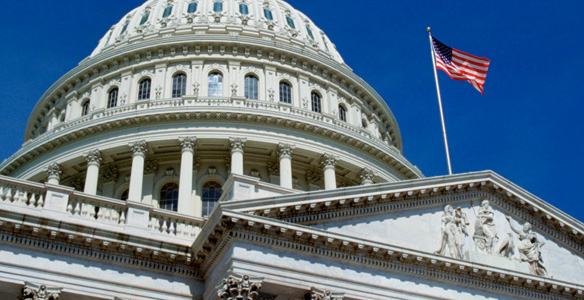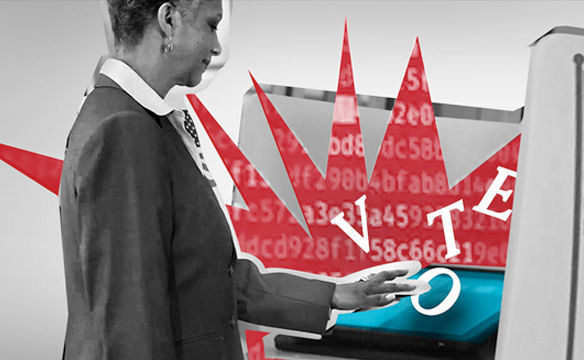The electoral process is a cornerstone of democratic governance, and all eligible citizens should have the opportunity to participate in the democratic process. Advocacy for election reform can help to identify and address issues and challenges in the electoral process, such as barriers to voting, concerns about election security and integrity, and the influence of money in politics. By advocating for election reform, individuals and organizations can help to strengthen the democratic process, promote greater transparency and accountability, and ensure that the voices of all citizens are heard in the political process. Election advocacy can also help to increase public awareness and engagement around election issues and promote greater participation in the electoral process. Overall, the case for election advocacy is rooted in the belief that a healthy democracy requires an open, transparent, and accessible electoral process that reflects the will of the people.




